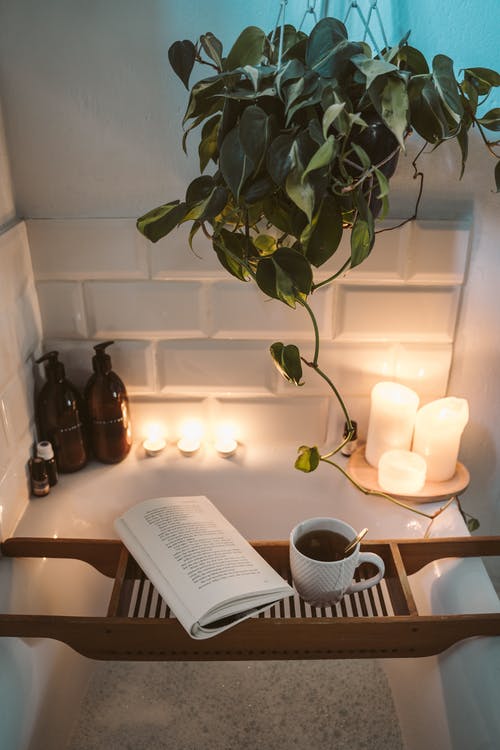The True Meaning of Self Care
What does self-care mean to you? Many think of self-care as a bubble bath, a spa day, or an extra treat. And while these indulgences may provide a bit of relaxation or fun, they tend not to have a particularly lasting effect. While there’s no “wrong” definition, let’s expand our understanding of what self-care means in our day to day.
In traumatic, disorienting and disruptive times, self-care is more important than ever. True self-care is as much about what happens on the inside as anything that comes from outside. Think of self-care as a way of being, not just something you do now and then when you’re having a rough day.
Here are 4 powerful ways to bring true self-care into your everyday.
- Mindset: Self-care includes identifying and attending to your needs. We often prioritize the needs of others over our own and dismiss our needs as though they aren’t important, or worse, don’t exist. We forgo basics like drinking water, the restroom, eating a nourishing meal, fresh air and meaningful connection. If it’s difficult for you to focus on what you need to be well and thrive, try this short practice:Close your eyes. Place a hand or both hands over your heart. Take a deep breath or two. Gently ask yourself out loud, “How are you feeling? What do you need?” This may feel awkward at first, but you might be surprised by the answer that comes back to you.
- Habits: We are bombarded by all kinds of stimuli, most of which comes from our phone. Unless we are mindful and deliberate, phones can be a constant source of junk light, intrusive noise, and overwhelming news. In a world of 24/7 media access, putting down the phone and offering yourself silence can be a powerful way to restore balance. Beyond just checking the app that tallies your usage, create a habit of putting the phone out of reach. Take a ‘media fast’ one day of the week. Don’t worry, you can catch up tomorrow. Creating the extra step of having the phone across the room or ideally in another room, means you are giving your mind and senses an opportunity to rest and reset.
- Choices: Often we are on autopilot, moving through our day-to-day routine. Sometimes we don’t even question whether something makes sense, whether it’s truly necessary. Self-care means reminding yourself you have choices, which allows you to become more intentional. Whether it’s an item on your to do list, a request from a family member, or what time to eat lunch, pause to consider whether a particular action or activity is serving you. If you find yourself in default-mode, practice slowing down. When we are present, it is easier to get clear on how to proceed based on what’s working and what’s not, and to choose accordingly.
- Self-Compassion: Self-care includes the beliefs you hold about yourself and taking steps to clean up your “stinkin’ thinkin”. You are the gatekeeper of your own mind. If a hostile intruder came into your home, would you invite them to get comfortable and stay? Of course not. But often when a demeaning, critical or harsh thought or belief enters our mind, we entertain it. We assume it belongs there. When we are practicing self-care, it becomes easier to notice these thoughts and beliefs, and escort them out. We recognize we are deserving of kindness and understanding and that judgement and condemnation have no place on our path to wellbeing. If this is challenging for you, try this simple question: is this a thought or belief I would want someone to express to my best friend, or my 5-year-old? If not, it doesn’t belong.
Have you noticed a theme emerging here? All of these strategies are ultimately related to boundaries. More on that later, but for now, notice which of these areas you tend to struggle with and prioritize just one at a time.
For more practical self-care strategies to enhance your life and wellbeing, and support to implement them, reach out to schedule your FREE Clarity Call.
Disclaimer: This post is for informational purposes only. It does not constitute medical advice, or replace treatment or intervention by a qualified medical or mental health professional.





